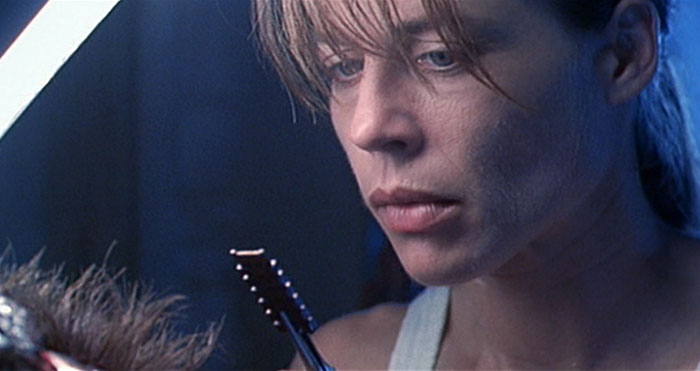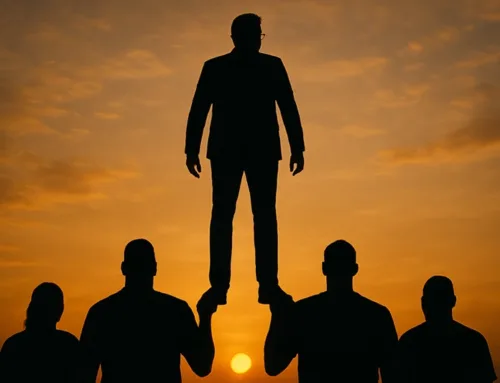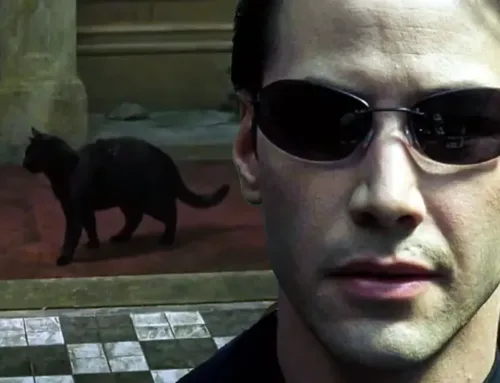In November of last year, Emily Hare wrote an interesting, far-ranging piece for contagious.com under the same title as this post (which I obviously borrowed from her).
The relentless progression of artificial intelligence (AI) development is both fascinating and frightening. For me, fear isn’t born of the effect of modern fiction, where AI always leads to worldwide human destruction (Terminator, etc) or infinite human enslavement (The Matrix, etc). Just like advertising, popular culture has absolutely no effect on me. No, my fear comes more from the knowledge of human history: every time we mess with things we don’t fully understand (the environment in general, atomic physics, chemical experimentation), things go horribly wrong.
One more comment sparked by Emily’s article, if I may, before I stop digressing from my marketing mandate: That Elon Musk is a bit of a study. He’s beginning to sound like his car company’s namesake…
Using AI in commercial customer service applications is what really interested me for Marketing Wilderness. The fact that Lowes hardware stores in the US have introduced OSHbot to guide overwhelmed shoppers through their big-box stores is uncanny, given the scenario of my previous post on the customer service topic area (MAY I SPEAK TO A HUMAN BEING, PLEASE?). OSHbot is a much more welcomed and practical use of robotics and AI than Sony’s QRIO novelty technology. Never mind that I would be personally embarrassed to follow a robot around the store to find my thingy if there are still people working there who could be helping me—even if they were technically less efficient at it.
In this context, I find Rogers Netflix-fighting SHOMI service very interesting. In the launch campaign’s radio medium, which is done quite well, Rogers waxes nostalgically about all those wonderful video store nerds that knew everything about movies (wait a minute—didn’t Rogers recently lay-off thousands of those people when they terminated their video rental business?). Experts, Rogers calls them, and SHOMI has distilled all that expertise in their own proprietary algorithm.
The truth is that those nerdy video store people could do something that no algorithm can, at least not yet: they could look at your face, listen to the tone of your voice, notice who you are with and pick up on dozens of other possible human contextual clues to recommend what you should really watch tonight.
Sure, let ever-improving AI efficiently deal with the low-hanging fruit of help desk and retail customer service.
For SHOMI, that’s answering questions like: “I loved the first Planet of the Apes. What should I see next?”
For Lowes, it’s answering questions like: “So where are your stainless steel 1/4” x 28 hex bolts at?” From my own eaves-dropping experience at Lowe’s, I seriously doubt more than 20% of shoppers actually know what they are looking for when they walk in the door.
Customer service isn’t really about intelligence, it’s about making people feel good in the process of getting something they need or want. Great customer service requires emotional intelligence and I don’t believe we have a working algorithm for that yet. Thanks to Ms Hare, I can say that with confidence.
Final digression: The Special Edition of Terminator 2 includes deleted scenes (don’t ask me how I know this). One of those scenes depicts the young John Conner character and his mother reprogramming the Terminator to understand and learn human emotion. I would argue that act is the reason the Terminator was able to successfully complete his mission and save humanity.
Let’s hope AI reality can imitate AI fiction.





